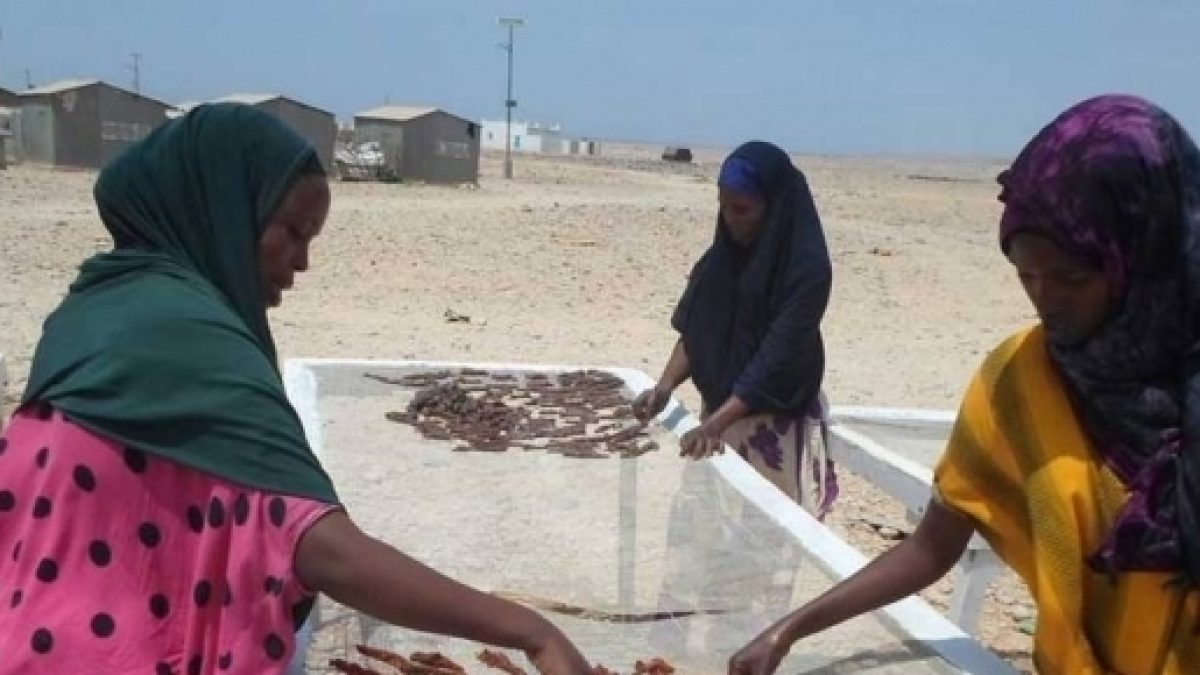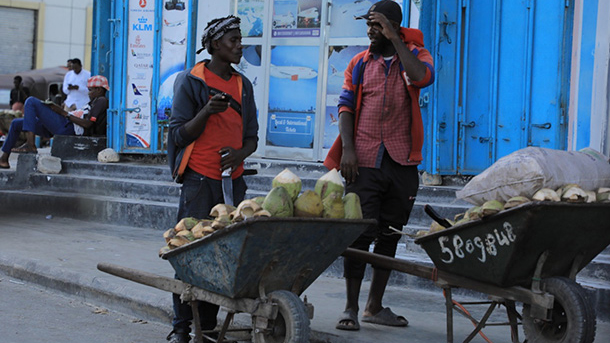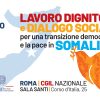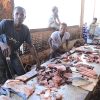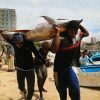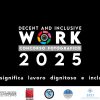INFORMA.L.
Educate, Regulate, Train, Work

I.N.FORMA.L. - Educate, Regulate, Train, Work.
From the informal to the formal for inclusive growth, peace and social dialogue in Somalia
AID 012590/03/0.
The proposal "INFORMA.L. – Educate, Regulate, Train, Work. From the informal to the formal for inclusive growth, peace and social dialogue in Somalia", aims to create decent work for women and men, in the difficult context of Somalia, a country emerging from decades of wars, droughts, floods, social disintegration and terrorism and moves towards a delicate and fragile phase of redemption.
Economic growth, now estimated at 1.7% (post-recession due to COVID-19) is mainly made up of the growth of the informal economy of the agricultural sector (80%), services (13%) and the industrial sector (4%). Promote the sustainable transition from the informal to the formal economy through inclusive growth and decent working conditions to strengthen the rule of law, peace, social dialogue and human rights is the general objective of the proposal which will be implemented within 36 months.
Beneficiaries are women and men employed in the informal economy who represent the majority of workers in the country. Precariousness, wage inequality (especially between women and men) and lack of social protection are the characteristics of jobs (employee and self-employed) in the informal economy: factors that make people socially vulnerable. To reach this segment of the population and respond to their needs, a structural, systemic and sustainable intervention is necessary, aimed at institutional actors such as the government, businesses and trade unions, which are therefore our priority target. These actors, project partners, will develop and test an intervention model in favor of a sustainable transition from informality to formalization of work, guaranteeing fundamental and specific rights (Tackling Vulnerability in the Informal Economy, Developmcent Center Studies, OECD, ILO, 2019); at the same time they will build and manage a system of tools capable of developing analyses, identifying obstacles, offering training, proposing successful paths in the transition from informal activities to formalized jobs, carrying out checks and evaluations ongoing and finals.
The main subjects are the Ministry of Labor and Social Affairs (MOLSA), four Enterprise Development Unit (EDU) as operational units of the National Chamber of Commerce and Industry (SCCI), already active in the offer of services ad hoc to enterprises, the Somali Federation of Trade Unions (FESTU) and the International Trade Union Confederation Africa (ITUC Africa) to guarantee that work in micro and small enterprises is also protected in terms of rights. Some of the subjects (MOLSA, FESTU, ITUC Africa) have been partners for years in programs in support of the rights of and at work.
Based on local development forecasts indicated by UNIDO (United Nations Industrial Development Organization) and by the Italian Cooperation, 3 sectors of intervention (fishing, textiles and small trade) and actions to be implemented in six representative areas of the social and economic geography of the country have been identified.
A Tripartite Committee composed by government, business and workers' organizations will draw up a detailed three-year action plan by sector and larea. An investigation of local needs and the responses will be elaborated in the initial phase and verified ongoing; throughout the process, vulnerable subjects will be included, guaranteeing gender equality, protection of minors and persons affected by disabilities, mostly victims of the violence of the years of conflict. Guidelines shared between the parties will be the basis for a multi-year strategy to support the transition processes from the informal to the formal economy, with particular attention to inclusive growth and decent working conditions.
Survey, Training, Experimentation, Verification are the four basic components of the project activities which will produce knowledge (surveys and mapping of resources and needs of the subjects involved), will offer specific technical training at multiple levels based on needs identified at the beginning of the project and verified with scheduled deadlines, it will support, through the EDU (Enterprise Development Unit) the transition to the formal economy of at least 120 informal production activities (included in the training programme), activating a continuous system for verifying the effectiveness of the proposed actions.
Decent work, rights, inclusive growth, social dialogue will be promoted and supported by the project as much as the PEACE we remember, although it is not yet a definitive acquisition and easy to conquer, it is, together with investments in development, an essential element for the growth of the country. Overcoming conflicts, negotiating and supporting the transition to the formalization of economic activities means facing necessary transformations of the entire context and initiating processes of possible change in the short and medium term.

LAST NEWS
Location: Mogadishu City, Beletweyn, Dhusamareb and/or Galkayo, Baidoa, Kismayo, Garbaharey, Bosaso (Somalia)
Financed by: AICS (Italian Agency for Development Cooperation)
Realized by:
Lead partner: Nexus Solidarietà Internazionale Emilia Romagna (Nexus ER)
Local partner:

ITUC CIS Africa – International Trade Union Confederation Africa/International Trade Union Confederation Africa
In collaboration with: CGIL (General Confederation of Italian Labour)
Duration of the project: 36 months (beginning of activity June 13, 2022)
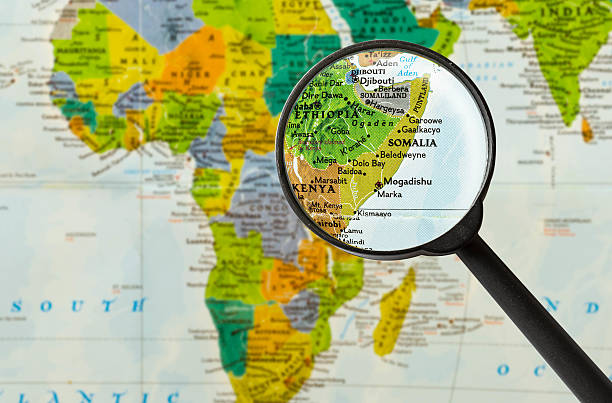
Direct beneficiaries:
The beneficiaries of the intervention are primarily informal workers in the fishing, textile and retail/small trade sectors who will benefit from the training courses to facilitate the transition from informal to formal, the formalization and development of micro-small businesses.
MoLSA and MoCI officials/public representatives, directors/assistants/trainers/operators and counselors of EDU and Chamber of Commerce, representatives of trade unions, companies and/or associations and members of civil society organizations and community leaders will also benefit from the programme. , representatives of national and local institutions, trainers and facilitators trained to facilitate and accompany the transition from informal to formal and the development of micro-small enterprises.
The action is made up of a very strong gender component, such that no less than 50% of the direct beneficiaries of the activities will be made up of women, also in view of the will of the intervention to guarantee equal gender representation in all the actions/processes supported and to guarantee fair and inclusive paths.
Overall, the direct beneficiaries will be at least 2,500 people.
